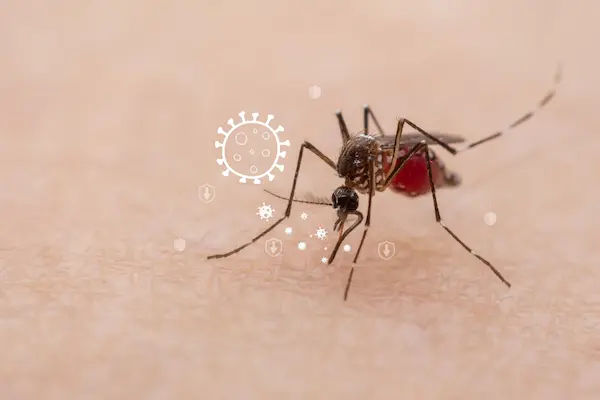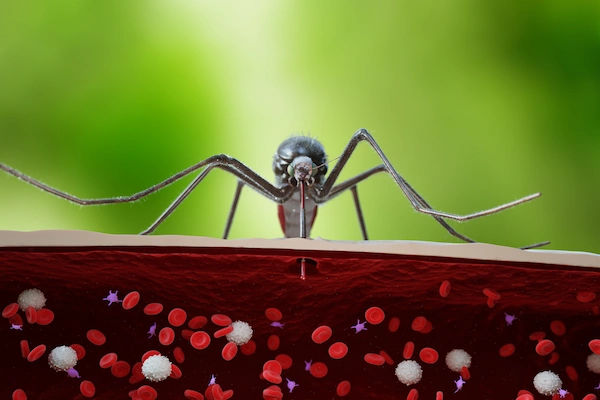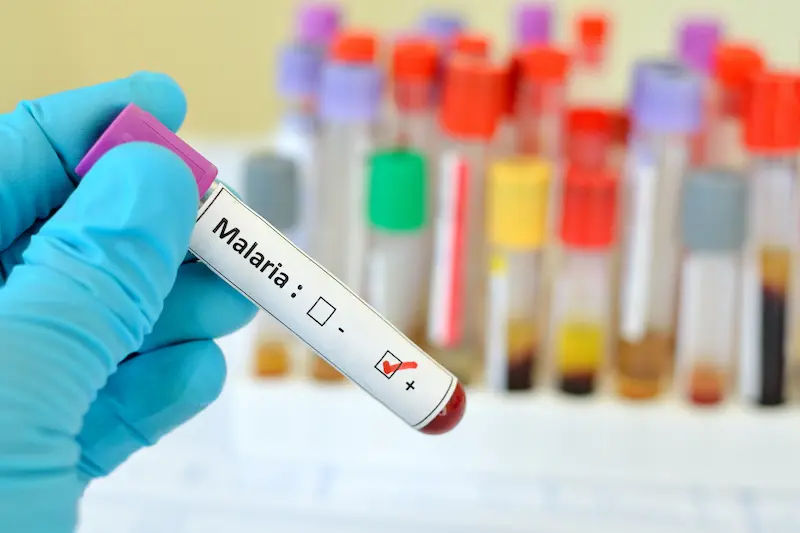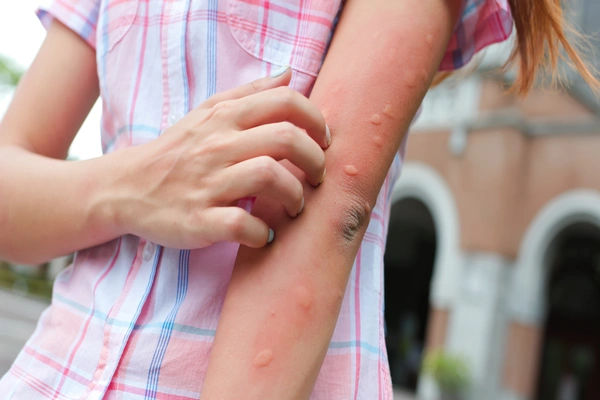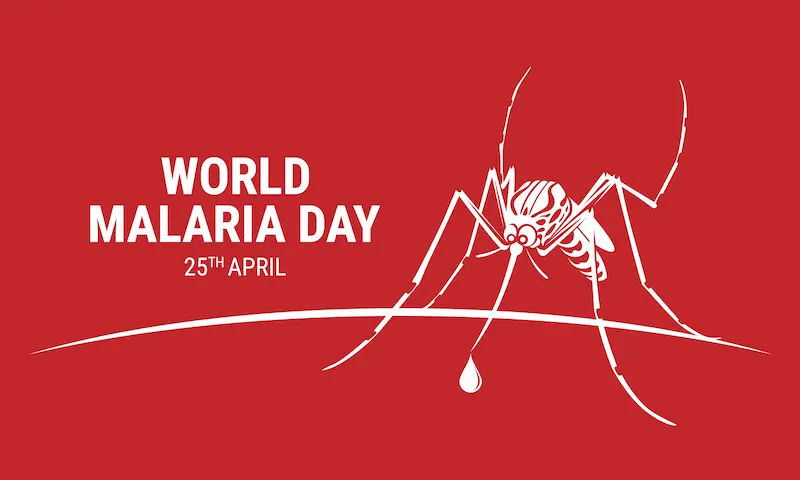Guide to Care Plan For Malaria
A comprehensive guide to a malaria care plan, covering professional treatment, essential at-home recovery tips, and critical steps for prevention and monitoring for a full, speedy recovery.


Dealing with malaria can be a frightening and exhausting experience. A clear, effective care plan for malaria is your roadmap to a smoother and faster recovery, whether you're managing it at home or supporting a loved one. This guide goes beyond just listing symptoms; it provides a comprehensive blueprint that combines crucial medical treatment with essential supportive home care. We'll walk you through everything from recognizing the first signs and securing a diagnosis to implementing daily management strategies and knowing when to seek emergency help. Think of this as your all-in-one resource for navigating the journey from diagnosis back to full health.
Understanding Malaria: The First Step in Your Care Plan
Before implementing any care plan, it's vital to understand what you're dealing with. Malaria is not a simple viral
infection; it's a serious and sometimes fatal disease caused by Plasmodium parasites. These parasites are transmitted to humans through the bites of infected female Anopheles mosquitoes. When the parasite enters your bloodstream, it travels to the liver to mature and then re-enters the bloodstream to infect red blood cells, causing them to burst and leading to the classic symptoms of the disease.
What Causes Malaria?
The direct cause is the bite of an infectious mosquito. However, there are different species of Plasmodium parasites (P. falciparum, P. vivax, P. ovale, P. malariae, and P. knowlesi), with P. falciparum being the most likely to cause severe, life-threatening complications. Understanding that this is a parasitic infection underscores why the specific antimalarial medications prescribed by a doctor are non-negotiable; they target the parasite directly.
Common Symptoms to Watch For
Malaria symptoms typically appear 10-15 days after the infective mosquito bite. However, this can vary. The symptoms often occur in cyclical waves or "attacks" that last 6-10 hours and consist of three stages: a cold stage (feeling chilled and shivering), a hot stage (fever, headaches, vomiting), and a sweating stage (sweats, return to normal temperature, fatigue).
Common signs include:
- High fever and intense chills
- Profuse sweating
- Headaches and muscle aches
- Nausea and vomiting
- Fatigue and general malaise
The Pillars of a Professional Malaria Treatment Plan
A successful malaria care plan is built on a foundation of professional medical intervention. Self-diagnosis and
treatment are dangerous and can lead to treatment failure or severe complications.
Getting a Proper Diagnosis: Tests and Procedures
If you suspect malaria based on symptoms and potential exposure, seeing a doctor is imperative. Diagnosis is confirmed through lab tests. The gold standard is a Malaria Parasite (MP) Blood Smear test, where a blood sample is examined under a microscope to detect the presence of parasites. Rapid Diagnostic Tests (RDTs) are also commonly used for a quick preliminary result. For those who need testing, Apollo24|7 offers convenient home collection for tests like the MP Smear, allowing you to get diagnosed without leaving your house while you're feeling unwell.
Antimalarial Medications: Following Your Doctor's Orders
The type of medication and duration of treatment depend on the species of parasite, the severity of the disease, and the patient's age and pregnancy status. Common antimalarial drugs include Artemisinin-based Combination Therapies (ACTs), Chloroquine, and Primaquine (to prevent relapses from P. vivax and P. ovale). The single most important part of your treatment plan is to complete the entire course of medication, even if you start feeling better after a few days. Stopping early can lead to a resurgence of the infection and contribute to drug resistance.
Your Essential At-Home Malaria Care Plan
While medicines fight the parasite, supportive home care for malaria manages the symptoms and provides comfort, significantly aiding recovery.
Hydration and Nutrition: Fueling Your Recovery
Fever, sweating, and vomiting can lead to severe dehydration. Prioritize fluid intake. Water, oral rehydration solutions (ORS), coconut water, and clear broths are excellent choices. For nutrition, focus on a light, easy-to-digest malaria recovery diet. The BRAT diet (Bananas, Rice, Applesauce, Toast) can help if nausea is present. Incorporate protein like lentil soup and yogurt to help rebuild strength.
Managing Fever and Discomfort
Use tepid sponging (lukewarm water sponge baths) to help bring down a high fever. You can also use over-the-counter fever reducers like acetaminophen (paracetamol), but always consult your doctor before taking any additional medication to ensure it doesn't interfere with your prescribed antimalarials. A cool, damp cloth on the forehead can also provide relief from headache and discomfort.
The Critical Importance of Rest
Your body is fighting a massive battle against the parasite. Conserving energy is crucial. Ensure the patient gets plenty of sleep and avoids any strenuous activity. Create a comfortable, quiet environment to facilitate rest. This is not the time to try and "power through" the illness.
Monitoring for Danger: When to Seek Immediate Help
Even with a solid care plan, malaria can escalate quickly. Knowing the signs of severe malaria is a matter of life and
death.
Recognizing Signs of Severe Malaria
Seek emergency medical attention immediately if the patient experiences:
- Cerebral malaria: Confusion, seizures, impaired consciousness, or coma.
- Severe anemia and jaundice (yellowing of the skin and eyes).
- High-grade fever that doesn't break.
- Difficulty breathing or respiratory distress.
- Dark or bloody urine.
- Persistent vomiting and an inability to keep fluids or medication down.
If any of these severe symptoms appear, do not wait.
Consult Top Specialists
Special Considerations for Vulnerable Groups
Pregnant women, infants, young children, and the elderly are at a much higher risk of developing severe malaria. Their care plan requires even closer monitoring and should be managed strictly under medical supervision. Any fever in these groups in a malaria-endemic area should be investigated promptly.
Nursing Care Plan for Malaria: A Clinical Perspective
In a hospital setting, a nursing care plan is a structured approach to patient management. Two key nursing diagnoses for malaria are:
Addressing Hyperthermia (Fever)
- Goal: The patient will achieve a normal body temperature.
- Interventions: Administer prescribed antipyretics and antimalarials. Monitor temperature regularly. Use cooling
techniques like tepid sponging. Encourage fluid intake to replace losses from sweating.
Preventing Fluid Volume Deficit
- Goal: The patient will maintain adequate hydration.
- Interventions: Monitor intake and output closely. Administer IV fluids if oral intake is insufficient (as in cases of severe vomiting). Assess for signs of dehydration like dry mucous membranes and poor skin turgor.
Preventing Reinfection: Beyond the Initial Recovery
Recovery doesn't end when the symptoms stop. Preventing another infection is the final, crucial phase of your care plan.
Mosquito Bite Prevention Strategies
The best way to prevent malaria after a bite is to avoid getting bitten in the first place.
- Use insecticide-treated mosquito nets (ITNs) while sleeping.
- Apply EPA-registered insect repellents containing DEET, Picaridin, or Oil of Lemon Eucalyptus on exposed skin.
- Wear long-sleeved shirts and long pants, especially from dusk to dawn when mosquitoes are most active.
- Use mosquito screens on windows and doors or mosquito coils/vaporizers indoors.
Prophylactic Medications for Travel
If you are traveling to a high-risk area, consult a doctor about taking prophylactic malaria medications. These are prescribed drugs taken before, during, and after your trip to prevent the disease from taking hold. The type of drug depends on the travel destination.
Key Takeaways
- A malaria care plan combines professional medical treatment with supportive home care.
- Early diagnosis through blood tests and strict adherence to prescribed antimalarial medications is non-negotiable.
- Supportive care at home focuses on hydration, light nutrition, fever management, and absolute rest.
- Knowing the signs of severe malaria—like confusion, jaundice, or breathing difficulties—is critical and requires immediate emergency care.
- Prevention through mosquito bite avoidance is the most effective long-term strategy against malaria.
Conclusion
Navigating a malaria infection is challenging, but a structured and informed care plan for malaria empowers you to take control of the recovery process. It begins with seeking a professional diagnosis and diligently following the prescribed drug regimen. It continues at home with thoughtful supportive care aimed at managing debilitating symptoms and conserving energy. Most importantly, it requires vigilance to recognize any red flags that signal the need for urgent medical intervention. Remember, this guide serves as a comprehensive overview, but it is not a substitute for professional medical advice.
Consult Top Specialists
Consult Top Specialists

Dr. Rajib Ghose
General Physician/ Internal Medicine Specialist
25 Years • MBBS
East Midnapore
VIVEKANANDA SEBA SADAN, East Midnapore

Dr. Tamal Bhattacharyya
Pulmonology Respiratory Medicine Specialist
8 Years • MBBS, MD (Respiratory Medicine)
Kolkata
MCR SUPER SPECIALITY POLY CLINIC & PATHOLOGY, Kolkata

Dr. Ashita Kuruvilla
General Physician/ Internal Medicine Specialist
7 Years • MBBS
East Midnapore
VIVEKANANDA SEBA SADAN, East Midnapore
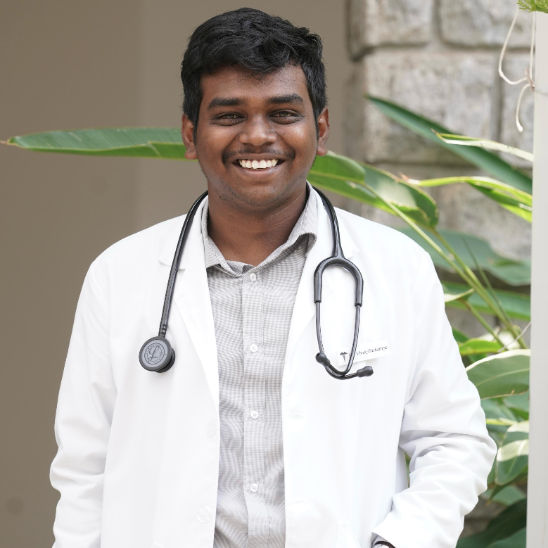
Dr. Vivek D
General Physician
4 Years • MBBS
Bengaluru
PRESTIGE SHANTHINIKETAN - SOCIETY CLINIC, Bengaluru

Dr. Anand Ravi
General Physician
2 Years • MBBS
Bengaluru
PRESTIGE SHANTHINIKETAN - SOCIETY CLINIC, Bengaluru
Consult Top Specialists

Dr. Rajib Ghose
General Physician/ Internal Medicine Specialist
25 Years • MBBS
East Midnapore
VIVEKANANDA SEBA SADAN, East Midnapore

Dr. Tamal Bhattacharyya
Pulmonology Respiratory Medicine Specialist
8 Years • MBBS, MD (Respiratory Medicine)
Kolkata
MCR SUPER SPECIALITY POLY CLINIC & PATHOLOGY, Kolkata

Dr. Ashita Kuruvilla
General Physician/ Internal Medicine Specialist
7 Years • MBBS
East Midnapore
VIVEKANANDA SEBA SADAN, East Midnapore

Dr. Vivek D
General Physician
4 Years • MBBS
Bengaluru
PRESTIGE SHANTHINIKETAN - SOCIETY CLINIC, Bengaluru

Dr. Anand Ravi
General Physician
2 Years • MBBS
Bengaluru
PRESTIGE SHANTHINIKETAN - SOCIETY CLINIC, Bengaluru
More articles from Malaria
Frequently Asked Questions
1. What are the best home remedies for malaria fever?
While medical treatment is essential, supportive home measures include tepid sponging with lukewarm water, staying hydrated with ORS and coconut water, and using a cool compress on the forehead. Always consult a doctor before trying any herbal or alternative remedies to avoid interactions with antimalarial drugs.
2. How long does it take to recover from malaria?
With proper treatment, fever and other symptoms usually improve within 24-48 hours. The parasites are typically eliminated from the bloodstream within 2-3 days. However, fatigue and weakness can persist for several weeks, so continued rest and good nutrition are important for a full recovery.
3. Can malaria come back after treatment?
Yes, but in two ways. Relapse can occur with P. vivax and P. ovale parasites, which can lie dormant in the liver and reactivate weeks or months later. This is prevented with a specific drug (primaquine). Recrudescence is when the blood infection isn't fully cleared by treatment, often due to not completing the drug course or drug-resistant parasites.
4. What should be included in a diet for malaria recovery?
Focus on a light malaria recovery diet that is easy to digest. This includes fluids like soups, broths, and fruit juices, followed by soft foods like boiled vegetables, khichdi, yogurt, bananas, and applesauce. Gradually reintroduce protein-rich foods like lentils and eggs to rebuild strength.
5. Is malaria contagious from person to person?
No, malaria is not contagious through casual contact like touching or breathing the same air. It is only transmitted through the bite of an infected mosquito, from a pregnant mother to her unborn child, or through blood transfusions/organ transplants involving infected blood.
